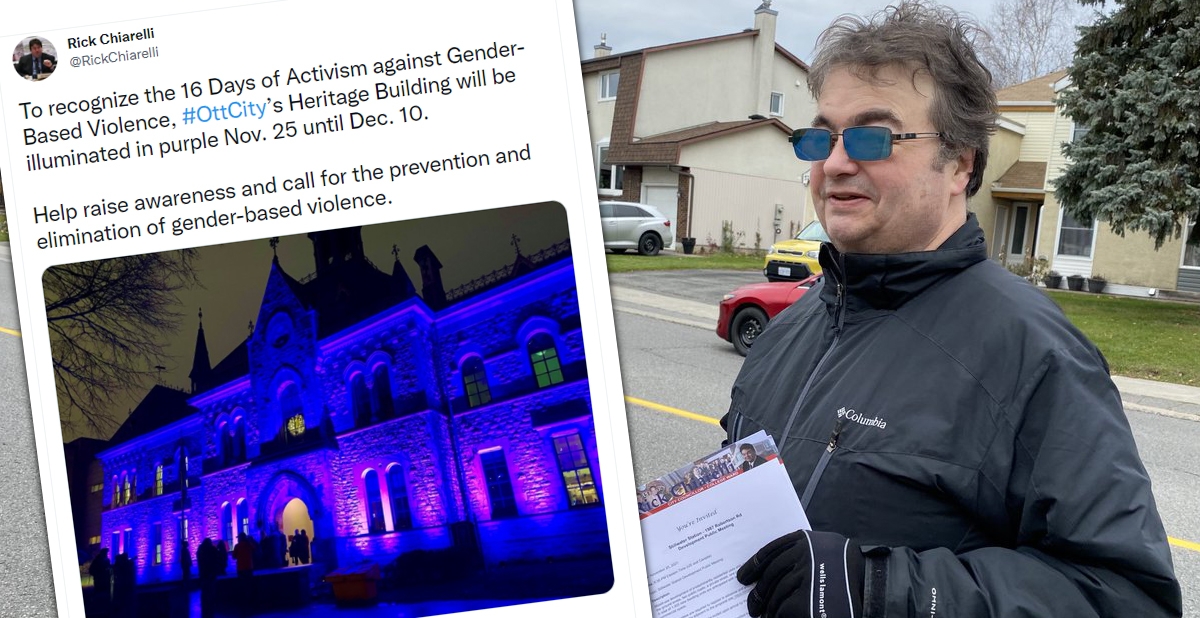
The Doc “Tell Them You Love Me” about a Non-Verbal Man with Cerebral Palsy made my Blood Boil
Recently, I watched a new documentary on Netflix called Tell Them You Love Me.
The documentary delves into the controversial real-life relationship between a female abled-bodied professor named Anna Stubblefield and a nonverbal man with Cerebral Palsy named Derrick Johnson.
The heart of the documentary lies in the question of whether Derrick, who is nonverbal, could effectively communicate through a controversial method known as Facilitated Communication. This method, which involves using a keyboard or other device to spell out words, raises significant ethical questions about consent and understanding.
The following article contains SPOILERS. If you have yet to see the documentary, feel free to stop reading this article.
As a person with a physical disability which affects my speech, I find the best and easiest way to communicate with others is through my typing. I’m entirely verbal, but most people have trouble understanding my voice. While I don’t use actual Facilitated Communication, most of my communication is by email, messaging, social media, and occasionally video chat.
Facilitated Communication is an assisted typing technique where a facilitator physically supports a person’s hand or arm as they point to letters on a page or keyboard, spelling out words.
In my case, every word I type comes from my typing. I don’t require someone to assist me in typing physically.
The documentary starts with Anna Stubblefield, Derrick’s brother John, their mother Daisy, and Divva Kasnitz, an anthropologist and professor with a disability, telling the story of what happened.
I won’t go too deep into the legality of the situation; instead, I’ll focus solely on the documentary and my opinions on the matter.
Within the first few minutes of the documentary, I could feel my blood boiling.
Daisy and John appeared inclined to protect Derrick from the outside world. While both seemed happy that he was doing well academically, they didn’t seem comfortable with Derrick attending school. They were also surprised to learn that Derrick was intelligent and could interact with other people, including teachers and students.
Why? Why were they surprised that Derrick was brilliant and could interact with other people?
Just because a person has a disability, that doesn’t mean that they can’t think, feel, and interact with the world around them.
Just because a person is nonverbal or has difficult-to-understand speech doesn’t mean they can’t communicate or speak for themselves. They communicate in a different way than most people.
It takes time and patience to figure out how to communicate and interact with the person. We’re all different—end of story.
Another thing that angered me was the number of times Daisy and John used the “R” word while describing Derrick.
It became apparent that John and Daisy didn’t see Derrick as a person with a disability; to them, he was a disability. At times, it seemed like they viewed Derrick as a burden.
Let’s talk about Anna for a moment.
Anna speaks glowingly about Derrick. He is smart, funny, and sweet and has hopes and dreams. He desires to be independent and do things for himself. Derrick also wants to have an intimate relationship with his therapist, Anna Stubblefield.
It’s important to note that Anna was married with two kids. I disagree with cheating, especially when you have kids.
Besides that, I firmly believe that Anna did the right thing for Derrick. From the sounds of it, she genuinely loved Derrick and wanted to be intimate with him. Through the use of technology, he was able to fully express his feelings to her and give his consent.
As a person with a disability, I have tons of experience with interacting with people who are non-verbal and are similar to Derrick in many ways. I quickly learned that they have no problem conveying their thoughts and feelings to you if they feel comfortable doing so.
The last thing I want to point out is that Derrick wasn’t interviewed for this documentary. Surely, they could have found a way to interview him, even if they showed him a list of questions and gave him time to type his responses.
Why make a documentary about someone without interviewing them?
There are exceptions, but not in this case.
My guess is that they were afraid viewers would stop watching the documentary because they weren’t comfortable hearing Derrick’s side of the story and expressing his thoughts.
In other words, Derrick’s feelings and words continued to be ignored, and his family did not allow him to reach his full potential or experience love.
Tell Them You Love Me had a chance to inform the public that people with disabilities have feelings and thoughts and deserve to be loved, including in intimate relationships.
Now that more people know the story, many people with disabilities will have fewer opportunities to find love and express themselves. Sadly, I’m willing to bet that families of people with disabilities will view Daisy’s and John’s treatment of Derrick as acceptable.
Until next week, stay safe and keep on rolling.








